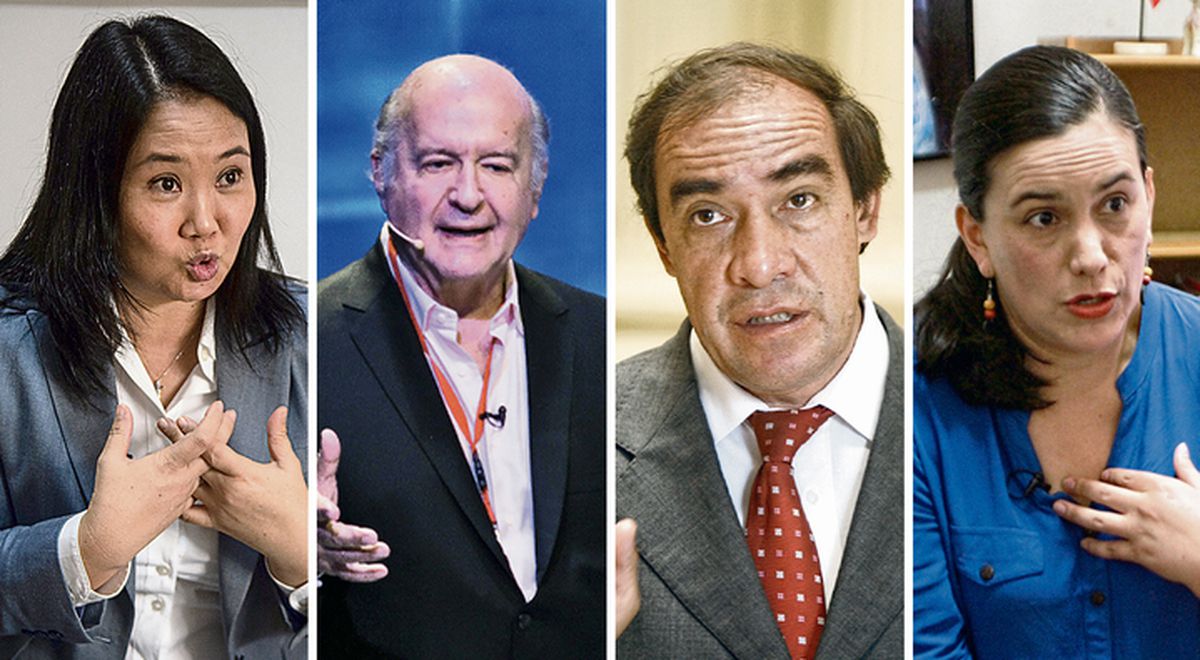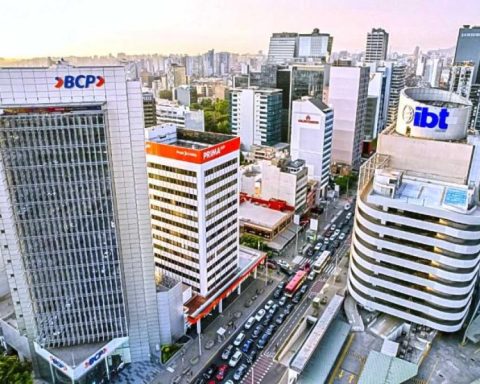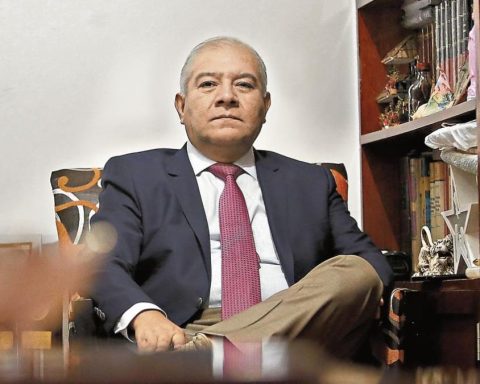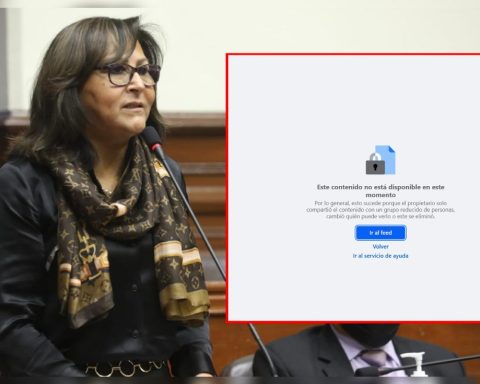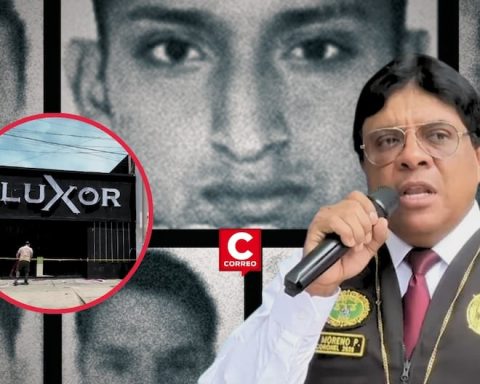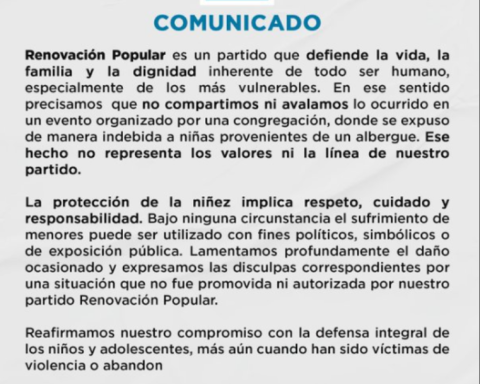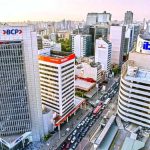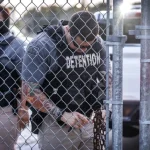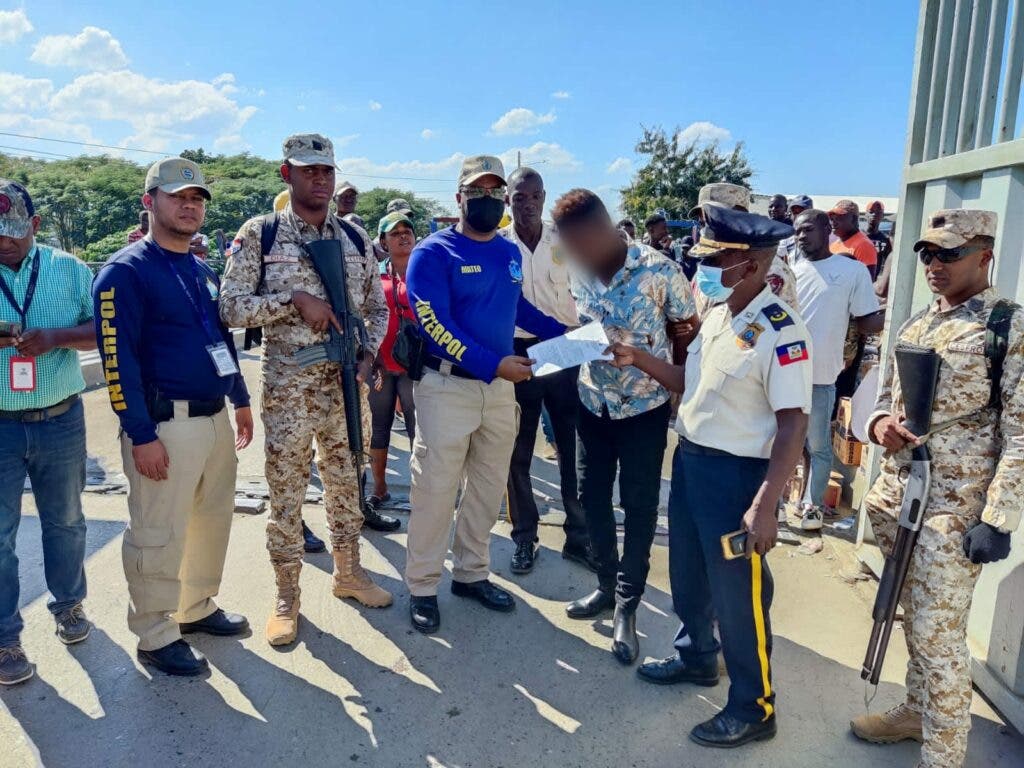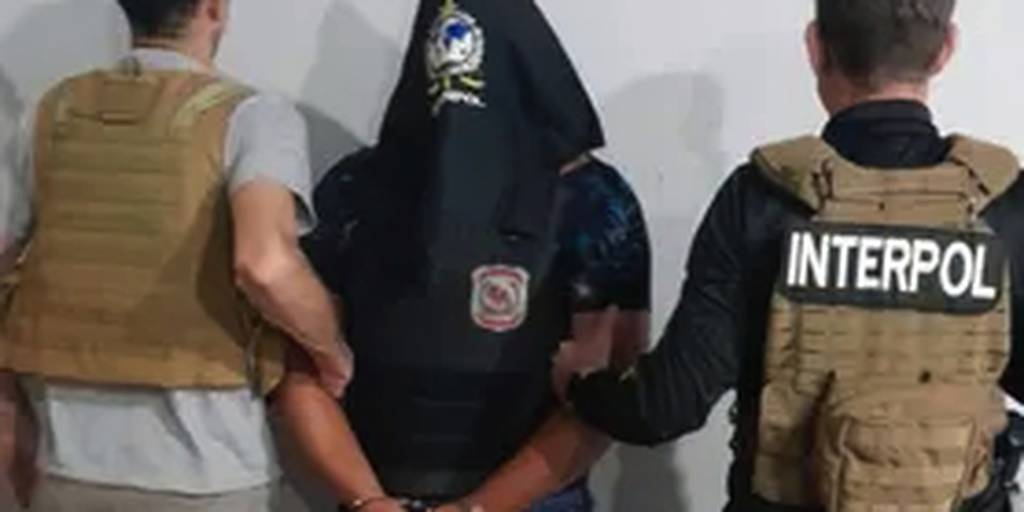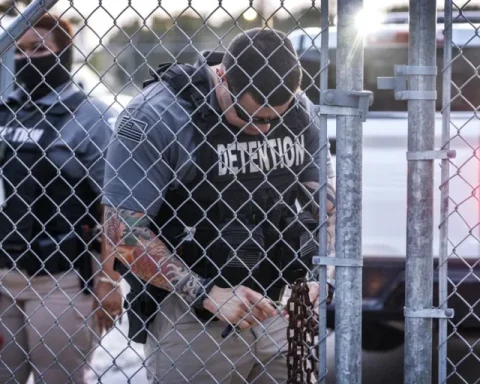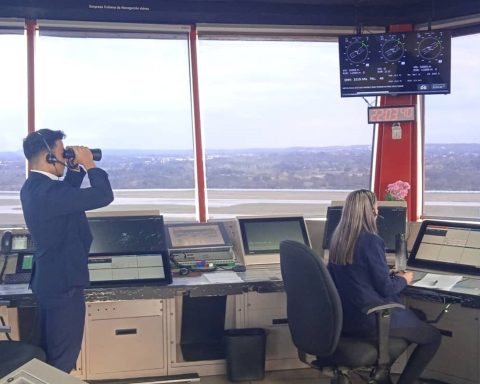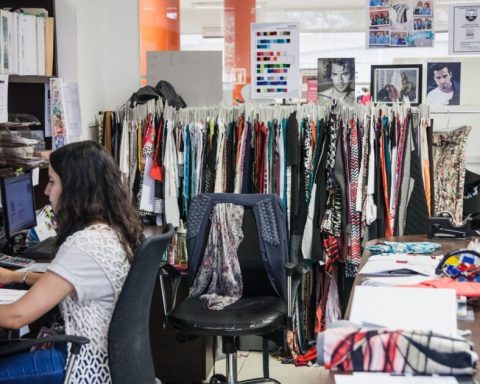Political parties and leaders already look to 2024 as an opportunity to reach the Government after the Congress approved in the first vote to advance the general elections to that year. In months it must be defined, with a second vote in Parliament, if the elections are scheduled for April 2014, which implies enlisting the campaigns.
In people forcethe head of the party and former candidate Keiko Fujimori He has said that he will not run for the country’s presidency in early elections. Although several want to encourage her to change her mind, leaders close to the ‘orange’ leader assure that It has shown its determination not to tempt the government this time.
In fact, they anticipate that in January he will begin to look for other options for a presidential candidacy of Fuerza Popular or possibilities of alliances.
Chiabra. He enlists his own party to run for the presidency. Photo: diffusion
The economist and former presidential candidate Hernando Soto has reappeared proposing solutions to the country’s problems, which is perceived as an interest in running again. However, he has no match after leaving Advance Country a year ago.
“We have not talked to him again, but nothing is closed. He stayed close even after resigning,” he says. michael yagi, organization secretary of Avanza País. However, he comments that they have already talked with two other interested parties in the presidency.
In Popular Renewal, Rafael López Aliaga thought about leaving the Mayor of Lima, according to sources in his group, but he has decided to assume the edile mandate.
In Acción Popular, former presidential candidate Yohny Lescano thinks about trying again. “We did not do badly and now we can be in better conditions, I feel it when I walk on the street. I am evaluating. It is very possible that we are in the competition, ”he comments.
years. Ayacucho businessman interested in politics. Photo: diffusion
In this game, names of Alfredo Barnechea, Messiah Guevaraamong other potential stakeholders.
“There are militants who encourage us, but first I must focus on healing the party and strengthening it,” argues Guevara, in charge of the presidency of the political organization that has yet to elect a new leadership.
On the left, the group of the former candidate Verónika Mendoza returns to seek registration as a party before the National Election Jury (JNE), a requirement to compete in elections. Now the name is New Peru for Good Living.
By your side, antauro humala He continues with his project to register up to two political parties.
In Somos Peru, its president, Patricia Li, says that this time a militant trained in his organization should apply. This would leave out George Forsyth, who ran with that party for the Mayor of Lima this year after tempting the Government in 2021 with Victoria Nacional, a party that lost its registration. “We have leaders and I work for the party. At the end of the year, we meet to evaluate,” says Li.
In Alianza para el Progreso (APP), they affirm that they are looking for a consensus candidate of the center-right, but a sector of the apepistas promotes the ex-congressman Richard Acunason of the maximum leader of the party, as a presidential card.
In the Purple Party, the former president Francisco Sagasti He has said that he will not run, but he would support a formula from the center. The leaders, led by Luis Durán, claim to be open to leadership.
“We are talking with new political leaders outside the party to see possible joint efforts in favor of the country, but it is a processIt doesn’t happen overnight,” notes Vlado Castañeda, the party’s national general secretary.
the ex-congressman Roberto Chiabra is in the process of forming a party called Unity and Peace. Several soldiers participate in his group who are even probing possible running mates in the vice presidencies.
The Ayacucho businessman Carlos Añaños, from the Aje group, shows interest in politics. He spreads messages about country affairs taking advantage of his command of Quechua. The path it will follow is still unknown.
The impact of the crisis and the reforms in the elections
“The electoral scenario will be impacted by the role of the parties in the current crisis and the legitimacy that their reforms give. I see two scenarios: an extremist one, in which extremes are favored, and a moderate one that would allow for understanding,” says the political scientist. marylia cruzprofessor at the Catholic University (PUCP).
“If there are no refoundational changes in the representation system, Peruvian democracy will continue its agony. In post-war scenarios, the center tends to be diluted, reinforcing the extremes. Peru, having repudiated parties, would not generate consensus candidates, with the most radical, anti-establishment, being the favored ones,” says the political scientist Alonso Cardenasprofessor at the Ruiz de Montoya University.
